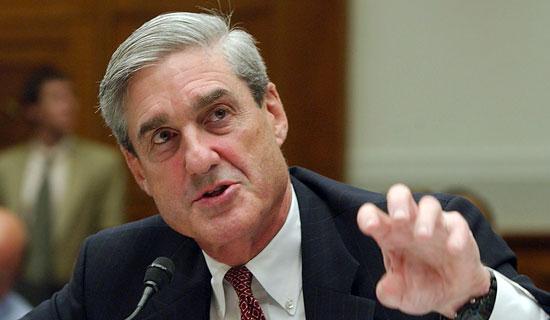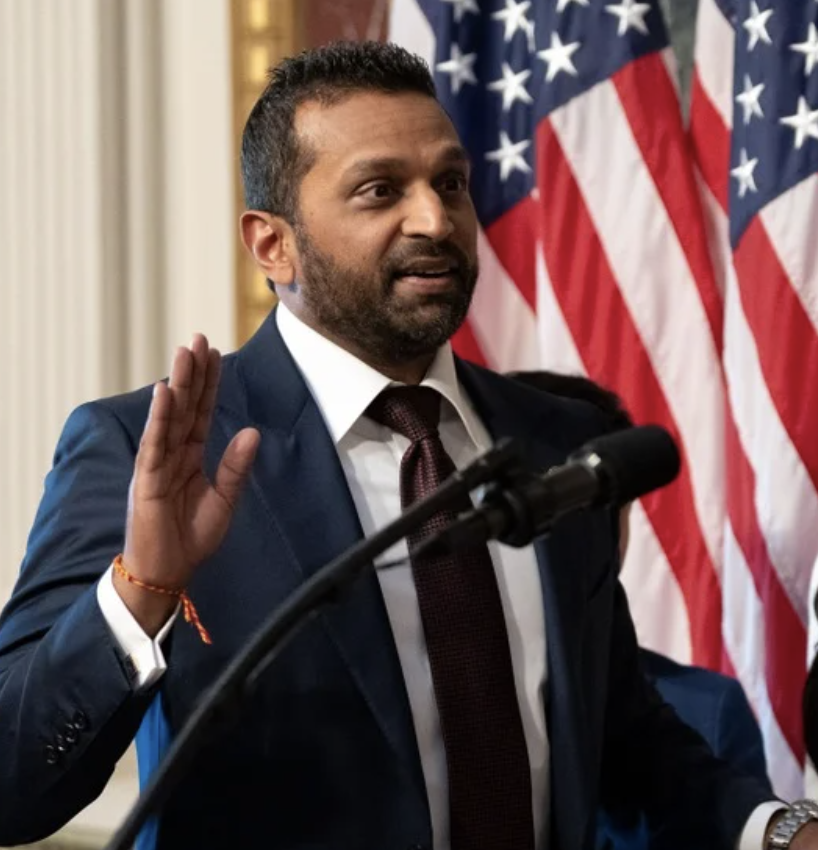
WASHINGTON –– I have mixed feelings about the White House proposal to have FBI Director Robert S. Mueller III stay two years more beyond his 10-year term, which expires in September. The opinions of newspaper editorial boards around the country reflect my ambivalence.
All recognize the need for continuity in such uncertain times. All praise Mueller for taking on the job at a time of rapid change. They also note that after Hoover’s death in 1972, Congress passed legislation to limit the term to 10-years, pointing to the politics and power Hoover amassed, and how he abused his position and stepped over the line and made many important people, including presidents, fear him.
Continuity. Sure it’s important. But change is constant, a part of life, a part of Washington. And as the Washington Post rightfully asks:”But when are continuity and stability at the FBI not critical?”

The Post editorial goes on to say: “The president’s request that Congress tinker with the 10-year term limit sets a bad precedent that should not be repeated, if Congress goes along this time. It may be the path of less resistance to retain an FBI director, easier than identifying and winning confirmation for a new nominee. But staffing an administration on schedule is part of the president’s job. For the independence and integrity of the bureau, this shouldn’t happen again.”
Conversely, The Tulsa World editorial page stated:
“There is a good reason why the director of the FBI is limited to a 10-year term. That reason is J. Edgar Hoover. There also is a good reason why there should be an exception to that rule. That exception is Robert S. Mueller III.”
“Mueller took the FBI from being primarily an agency dedicated to criminal investigations to one that is a major factor in the nation’s war on terror.
“He was appointed by President George W. Bush and is now being asked to extend his service by Obama. The post is truly nonpartisan….Obama’s request is likely to be honored. We hope it will be soon.”
The FBI post is somewhat non-partisan. But it’s not totally without politics.
We saw that from some of the jockeying going on while the selection process was underway to find a replacement for Mueller. Sen. Charles E. Schumer (D-NY) was openly lobbying for NYPD Police Commissioner Raymond Kelly to be the next director. The FBI Agents Association was pushing for ex-FBI official Michael Mason. And assuredly, there was there was lobbying going on for other candidates.
That being said, after the selection process and the confirmation hearing, which is also very political, the politics of selecting a new FBI director ends for 10 years. This proposed extension seems to brings politics back in play for a short two-year stint before we go at it again when the White House looks for a new director.
Most members of Congress will quickly pass legislation to approve the extension. But you can count on some, at minimum, questioning the wisdom.
Besides the Hoover issues, there are good arguments to be made to move on and find a new director.
Fresh eyes. Fresh ideas.
As to reports that the White House couldn’t find a good candidate to replace Mueller, I say: Hard to believe.
Granted, some prime candidates may not have wanted the job. NBC’s Mike Isikoff reported that folks like former deputy Attorney General James Comey didn’t want it. Ditto for U.S. Court of Appeals Judge Merrick B. Garland.
Still, there were plenty good candidates out there. To say there weren’t, is simply a cop out.
The ACLU, perhaps not the FBI’s biggest friend, has also weighed in on the matter.
“FBI Director Robert Mueller should be thanked for his public service during an extraordinarily challenging period in American history,” ACLU Executive Director Anthony Romero in a statement.
“It was for good reason that Congress chose to limit the tenure of future FBI directors. By setting a 10-year term, Congress sought to protect both the FBI director from undue political influence and our democratic institutions from allowing an unelected official to hold the power to examine the lives of Americans, including political leaders, for longer than is appropriate.
All in all, I have to say, if Congress agrees to extend Mueller’s term, it should pass legislation tailored to his specific situation, and leave the 10-year limit intact for all future directors.
The Beltway has was too much politics as it is. We don’t need more.





